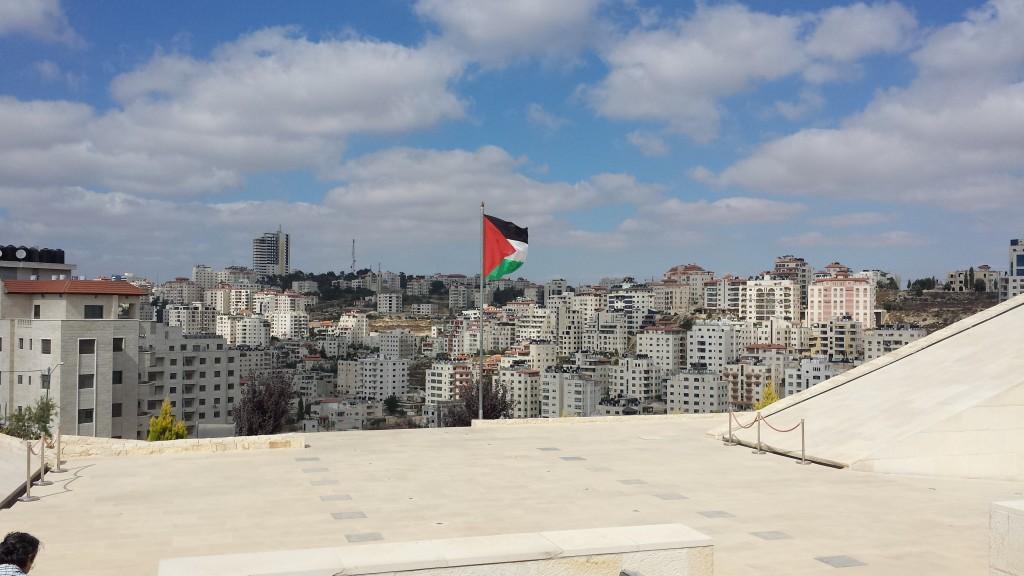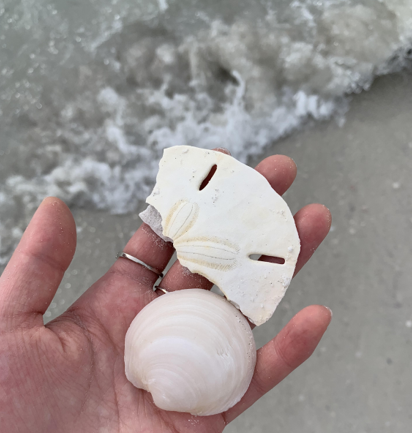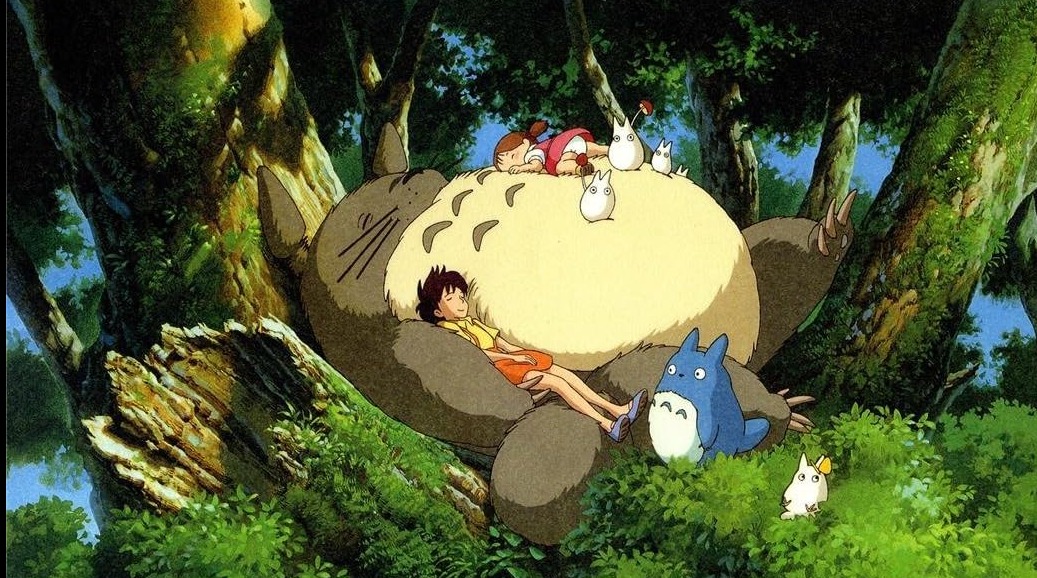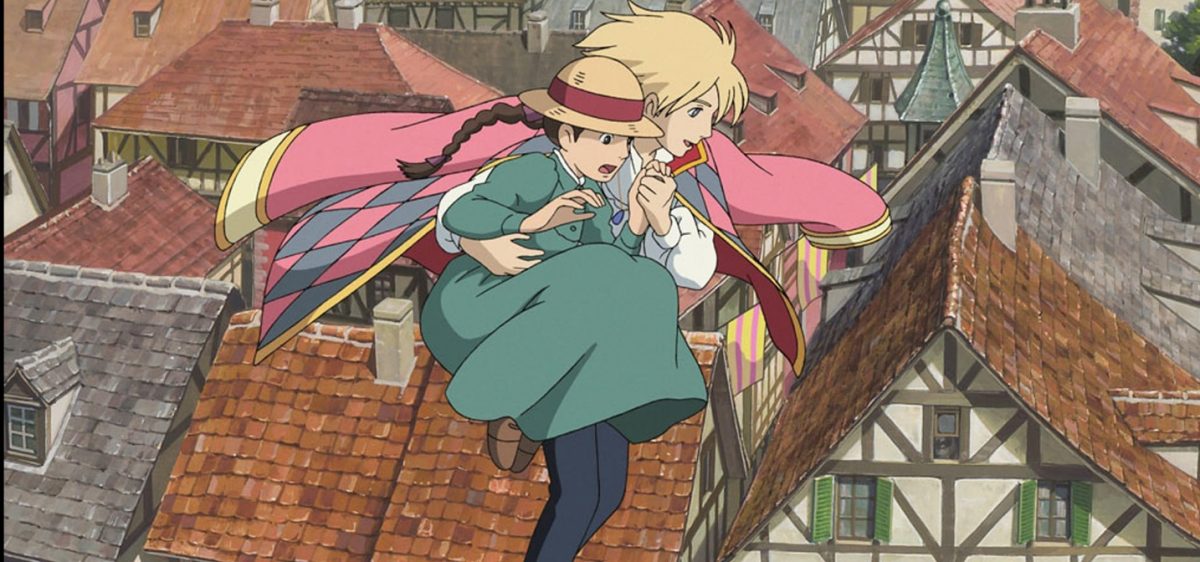
My most distinct memory of the Middle East is of a soldier who did not wear a military uniform but instead a royal blue polo. I’m not sure why he was dressed differently, but he carried himself differently as well. His obsidian eyes pierced mine through the car window, a barrier that he quickly broke as he pointed an assault rifle at my head. And then there were others who were clothed in traditional army attire, surrounding me and my family, their guns eyeing us. I was 15, there was a gun to my head and I thought I was going to die.
We were crossing the Jordanian-Israeli border, entering the West Bank to visit family. I spent the majority of my month-long visit in Ya’bad, the old-fashioned Palestinian town where my mother grew up and where most of her family still lives. Until the age of 10, I had spent many of my summers there. At such a young age, I did not understand the chaos of the region; the soldiers, checkpoints, settlements and clashes were constants that I never questioned. All I knew was that my family lived a different life than I did, and I had it easy. Nonetheless, I considered Palestine home. My family was there, and they were home to me.
I last visited this past summer, two years later. I was older, more mature, and this time, I was no longer naive to the situation. I went at a time of particular unrest and was absolutely terrified. At first, this fear consumed me, but after a few days, I was mostly just angry. I was — and I still am — angry that the cozy, secure connotation of “home” is not the same across the world.
Home is tinged with fear. It tastes like the bittersweet Arabic coffee that my grandmother makes for me, dousing it in sugar so that it tastes better but never truly covering its strong natural flavor. Home smells like the strangest mix of mint-flavored hookah smoke — my uncles’ favorite — and the constant lingering scent of gasoline and gunpowder. It sounds like the guessing game that my cousins and I perfected as kids: Does that rumbling noise belong to a farmer’s truck or a soldier’s truck? And it sounds like the rumbling of our heavy metal gate that my aunt rushes to shut when we guess the latter.
Home is the giggles of young children and their exclamations of “fireworks” in Arabic after the distant boom of a gun. It is the pained glances exchanged by the adults as no one corrects them.
Home is the shock of my little cousin Hala as she asks me about the soldiers in America, only to be scolded by her older sister Zaina. “America isn’t like here,” she tells her. “America doesn’t have fighting.” It’s Hala’s bewilderment as she turns to me and asks, “There are places that don’t have fighting?”
But home is also my mother’s warm smile as she takes me to the patch of jasmine flowers that she planted when she was young, telling me again about her decision, as she watered them and watched them bloom, to name her first daughter Yasmeen, the Arabic word for jasmine.
Home is my father’s hearty laugh as his aunts and uncles tease him about getting more kanafeh, his favorite dessert. His voice shakes the windows of his mother’s old house in the village of Beit Iba, but no one tells him to speak quietly — we have learned to savor each other’s voices.
Home is my older brother’s red cheeks and wide grin as our great-aunt pulls him up to dance with the rest of us. It’s the beat of the darbuka that matches our steps and pounding hearts as we dabke — a traditional Levantine dance — and sing in the clearing outside of our house.
Home is the pride in my little sister’s cheers as she climbs her first tree in the grove behind our house, the same one that I once fell off so many years ago, and picks the fruit from the top of the neighboring tree. But it is also her trembling whispers when she shakes me awake in the middle of the night, asking whether everything will be okay.
Home is my grandmother, tears streaming down her face, as I leave at the end of each summer. Her tears are conflicted, she tells me; she is happy that my family has created a life for ourselves somewhere stable, somewhere easy, but it breaks her heart that we cannot share that life.
Home is entangling. To call Palestine home is a heavy statement, and with it comes more implications than if I were to call Los Angeles my home, despite the truth in both statements. For Palestine to be home means that I am not only from there, but bound to it — not quite to the land rather but to the identity. Thus I, and all others who call Palestine home, seem to exist as an extension of the conflict.
Home means a lot of things that none of us ever asked for.
And home seems to be slowly dwindling away, as, with each visit, I see the settlement just outside my mother’s town crawling closer and closer to our house, the strip of land that separates us shrinking more every year. Home is becoming less centralized, as more and more of my family leave, just as my parents did, so that their children will grow up with greater opportunity. Home is hard to reach — crossing the border, as Palestinian citizens must do to enter and exit, is frightening and risky and neither entry nor exit is ever guaranteed.
Home is scary, not just because of the conflict, but because it is disappearing. But despite it all, Palestine will always be home to me.
YASMEEN EL-HASAN is a freshman in the School of Foreign Service.


















